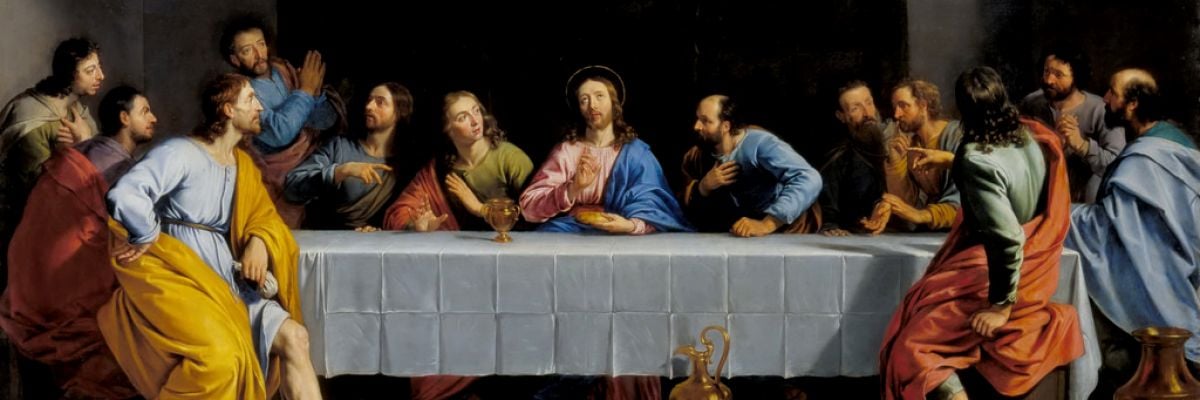C
Cathoholic
Guest
Hodos . . .
Jesus Himself gave us the Seven Sacraments.
So if by “later” you might mean in Jesus’ first or second year of ministry or whatever, fine.
But I am going to take issue with that if you are attempting to pass off it as later than Jesus’ personal ministry.
Depends on what you mean by “later tradition”.That is debatable since Holy Orders itself is not scriptural but based on later tradition.
Jesus Himself gave us the Seven Sacraments.
So if by “later” you might mean in Jesus’ first or second year of ministry or whatever, fine.
But I am going to take issue with that if you are attempting to pass off it as later than Jesus’ personal ministry.
Last edited:

